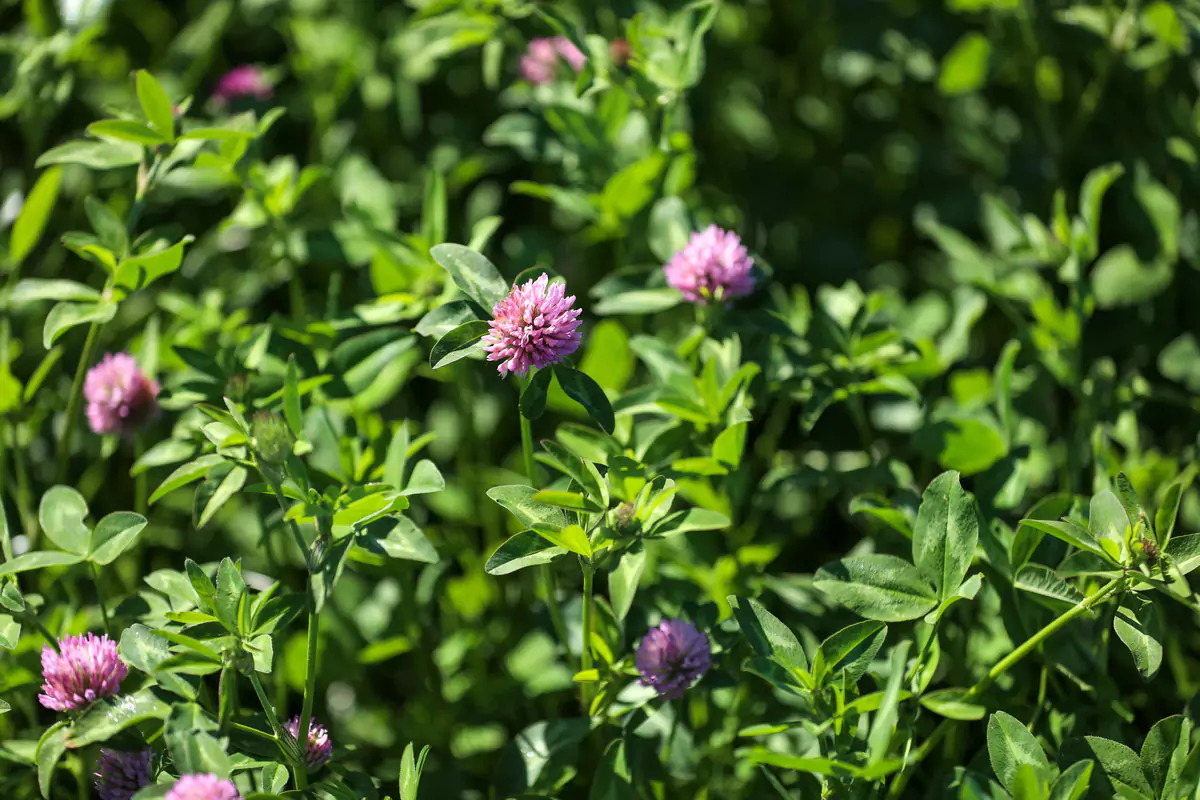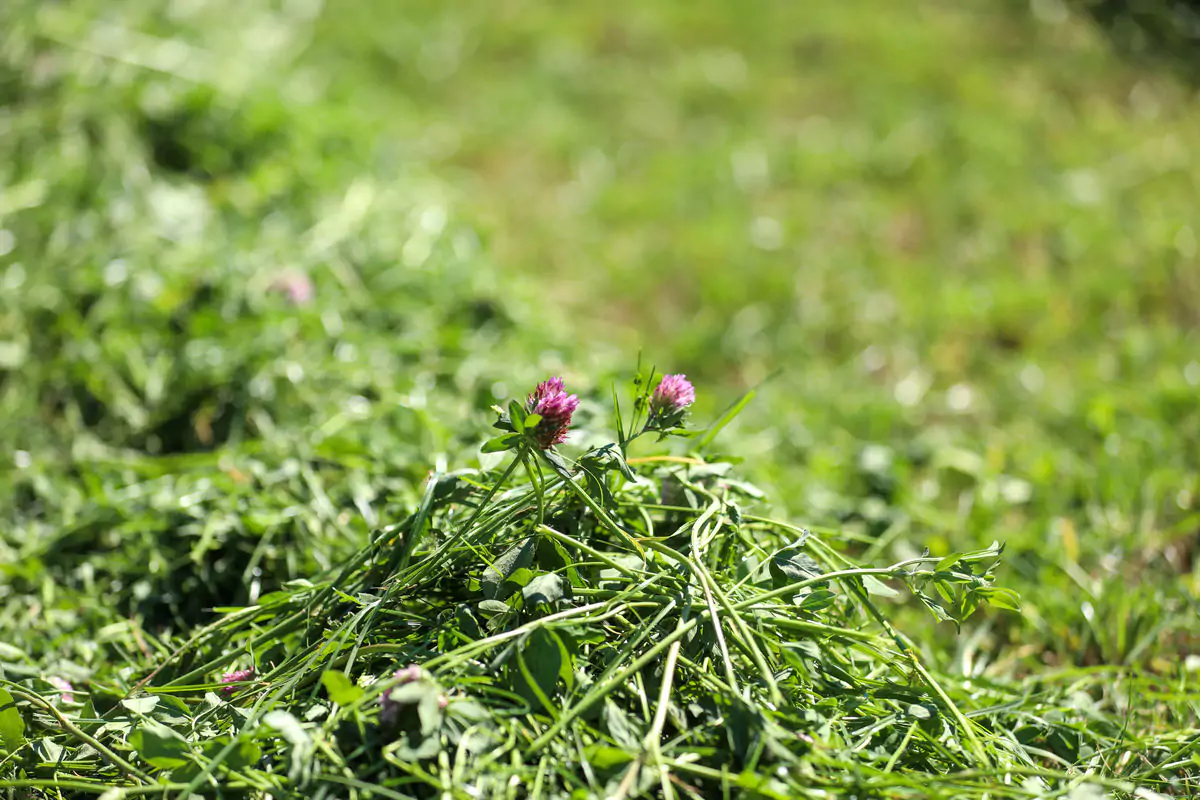In June 2023, Limerick farmer Niall Moloney won the Germinal Responsible Grassland Manager of the Year category at the inaugural National Dairy Awards. Since presenting Niall with his award, we caught up with him to get a closer look at the sustainable dairy system he operates with his father, Gerry Moloney.
Farm Facts: Moloney Farm
- Spring-calving dairy herd
- 112 hectares over four blocks
- SR: 2 LU/ha
- Milking platform: 53 hectares
- SR: 3.3 cows/ha for milking platform
- Soil: 70% dry; 30% heavy
Although he grew up aspiring to be a farmer, the farm wasn't large enough to generate income for Niall and his father, Gerry. So, Niall spent four years in college, qualifying as a quantity surveyor and before returning to the farm in 2012. Gerry and Niall rented neighbouring land for five years before combining both farms with a new lease.
After farming on almost 97 hectares over three blocks, Niall and his father purchased an additional 15 ha to bring the total area farmed to 112 hectares over four blocks. The milking platform is 53 ha with a SR of 3.3 cows/ha. The whole farm is stocked at 2 LU/ha.
Red clover silage performing well
In 2022, Niall sowed 16 acres of red clover silage on an outblock, as part of the DAFM red clover silage measure. This mixture contained AberClyde (Intermediate tetraploid), AberWolf (Intermediate diploid), BarWave (Intermediate tetraploid), Rozeta (Red clover) and Alice (White clover).
The field can be zero-grazed to supplement the cows at the shoulders of the season, when necessary. Niall was very satisfied with the performance of his red clover silage mixture and in 2023 sowed an additional 30 acres, amounting to 46 in total.
When reseeding, Niall aims for early April to get a quicker turnaround time. He completes two runs with the disc and uses a power harrow with a seedbox for sowing.
 Rising to environmental challenges
Rising to environmental challenges
“The biggest challenge in farming is the environmental side and the pace we are expected to change at,” but Niall still believes it's important to stay current with environmental changes and government legislation, including the DAFM measures. “You can't bury your head in the sand.”
Niall has increased his clover content on the farm over the last few years. By September, 13 t/ha of red clover silage was produced, with Niall expecting more than 15 t/ha in total.
As a Signpost farm, he has worked closely with Rob Prenderville of Teagasc and Mary McEvoy from Germinal to increase clover content through oversowing and when reseeding. The need for increased management when overseeding is critical as well as having the weather in your favour.
Niall says that farmers who are new to clover have a learning curve. “Learn what the strengths are and the challenges – it's a lot more technical to manage than grass.
“Start with one field, manage it as closely as you can and follow all the guidelines. Avoid sowing clover on large areas of ground as the learning curve will be too steep.
“Begin slowly with small amounts and, once you build up your skillset, you can expand on what you're doing each year and do it quicker.”
Sustainable farming technologies
When it comes to the Marginal Abatement Cost Curve (MACC) 2023, Niall was already implementing key technologies including EBI to improve the genetics of their dairy herd, incorporating white clover into his grazing swards and using red clover silage to minimise nitrogen fertiliser use.
“In the past, when spreading first-cut silage, you're using an awful lot of fertiliser. With red clover silage, we've pretty much erased that.”
Niall also highlighted the cost-saving advantage of red clover silage. “You notice straight away at the end of the year, especially when fertiliser was rising to €1,000 per tonne.”
 Sustainable farming methods
Sustainable farming methods
Sowing red clover to reduce artificial nitrogen is not just a cost-saving benefit – it also helps the environment by minimising run-off into water courses. But, it's important to sow it with a companion grass which will utilise the excess nitrogen released by the red clover plant.
Technology can also offer sustainable solutions to tech-savvy farmers like Niall, who brought a GPS system for the tractor this year.
When fertilising, the GPS system fitted to the tractor helps prevent overlaps and minimise wastage. “A couple of the silage fields are quite big and when you're spreading after silage is cut it's very hard to be accurate. The GPS helps to ensure accuracy when spreading.”
A trailing shoe was purchased five years ago to spread slurry more efficiently. Meanwhile, protected urea has been used for the last four years.
Farming in challenging weather
This has been a frustrating year for weather, with farmers all over Ireland challenged by conditions. “The weather is becoming more extreme, but look, we control what we control,” Niall says.
Niall says grass management is vital when faced with inconsistent weather, stressing the importance of meeting your grass targets at different times of the year, including average farm cover, and cover per cow.
“I have 10 years of information on PastureBase, so I can project forward." Niall has been measuring grass since 2012 and aims to complete weekly farm walks.
In 2023, planning made a real difference. “This year we had all the silage made at home earlier than normal. So, when we were heading into 1st June, I had the whole milking platform available for cows.
“The stock rate was quite low for the milking platform for that time of year and we just carried a bit more grass around the place for cows.”
Despite his second cut delayed by three-and-a-half weeks, Niall has prepared well for winter, highlighting the importance of effective grassland management.
“I think we have plenty for the year already, and the red clover that was set last year has to be cut twice more.”
The future of Farming
To learn more about how you can make your farming system more sustainable, talk to our Germinal experts today.


